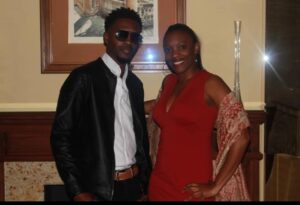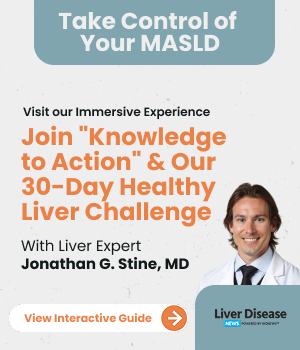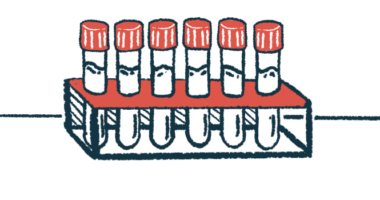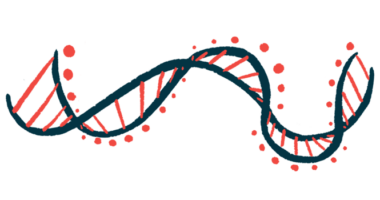How I advocated for my brother before and after his PSC diagnosis
My brother's journey with primary sclerosing cholangitis and liver transplant

“I can’t explain why, but I don’t feel well,” my younger brother, Osari, said. He was 32 years old at the time.
That statement was an eerie reminder of my many family members who had struggled to explain their illnesses, only to eventually succumb because they couldn’t get the help they needed.
Osari had been sick for years. He was always slim, but with the onset of his illness, things got worse. He had persistent diarrhea, a lack of appetite, and severe abdominal pain. He also started looking jaundiced, with yellowing of his eyes and skin. He hid this by always wearing sunglasses, even indoors.
My brother received a partial diagnosis of irritable bowel syndrome, with a recommendation for treatment, but nothing he tried helped over the long term. After receiving that call from him in 2016, I decided that he needed real medical help.
He lived in Jamaica, an island in the West Indies, with his wife and three children. I booked him a flight to New York City, where I lived, to arrive in two days. My first indication that my brother was really sick was how quickly he had agreed to come to the United States. He hated traveling.
Upon his arrival, I took him to a county hospital where he was immediately admitted. Osari remained hospitalized for a month, 10 days of which were spent in the intensive care unit.
During this initial stay, he was diagnosed with ulcerative colitis, which had caused primary sclerosing cholangitis (PSC). PSC is a chronic liver disease that causes inflammation and scarring of the bile ducts over time, and can eventually lead to complete cirrhosis of the liver and liver failure.
Osari’s doctor was very clear about his condition. He explained that my brother would eventually need a liver transplant, but he couldn’t answer my next question: What do we do next? We had a diagnosis, but we didn’t understand the condition and had no clear guidance for what to do.
Becoming a health advocate
Advocating for a family member is hard. You get all the information, good and bad. People would often comment on how strong I was, how much I supported my brother. I had already watched my dad get sick and die because he was never accurately diagnosed and treated. I was adamant that it wouldn’t happen to my brother. More importantly, my mother wouldn’t survive losing her only son.
In retrospect, ignorance probably kept me going. I had no idea how almost impossible the road ahead would be. My brother had an incurable liver disease, but he didn’t have to die. There was a solution — a transplant. So I kept pushing forward.
I learned more than I ever wanted to know about liver disease during the process. I spent days at the hospital just so that I could catch doctors while they were getting coffee. I pored over lab reports, research studies, and all of the information I could find about PSC and organ transplant. I was so well versed on the topic that my brother’s doctors started asking which hospital I worked at. This level of research is not the norm, and it shouldn’t be necessary for someone to get competent care.
Osari underwent a successful liver transplant on July 8, 2018, and life changed for him. He’s had no complications related to the transplant and is living his best life.
It took me a while to unpack the experience and process my feelings. Being a health proxy takes a toll. Hopefully my experiences will be valuable to others who find themselves in a similar situation. I’m excited to share my story in my new column, “Scarred but Not Scared.”
Note: Liver Disease News is strictly a news and information website about the disease. It does not provide medical advice, diagnosis, or treatment. This content is not intended to be a substitute for professional medical advice, diagnosis, or treatment. Always seek the advice of your physician or other qualified health provider with any questions you may have regarding a medical condition. Never disregard professional medical advice or delay in seeking it because of something you have read on this website. The opinions expressed in this column are not those of Liver Disease News or its parent company, Bionews, and are intended to spark discussion about issues pertaining to liver disease.










Leave a comment
Fill in the required fields to post. Your email address will not be published.